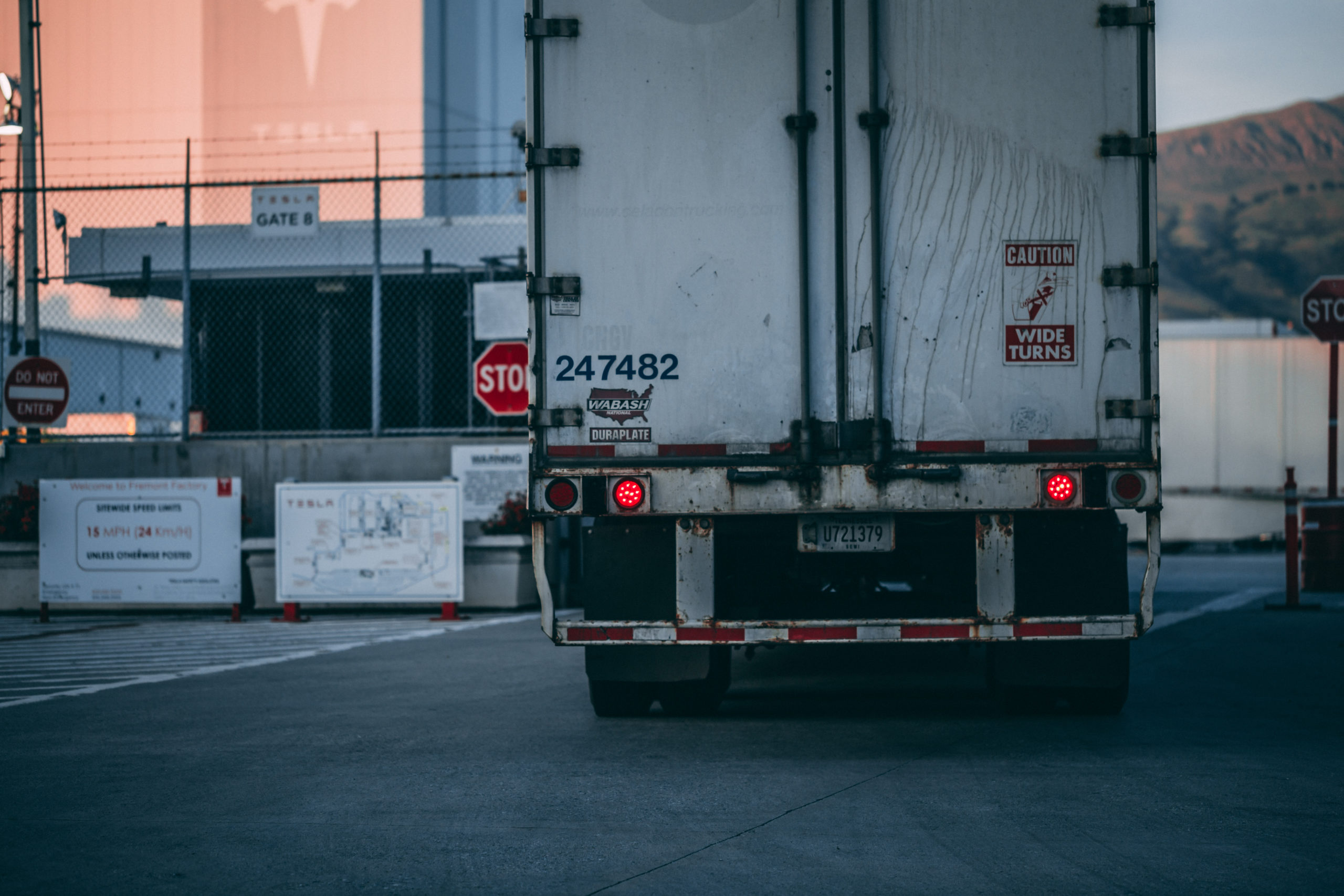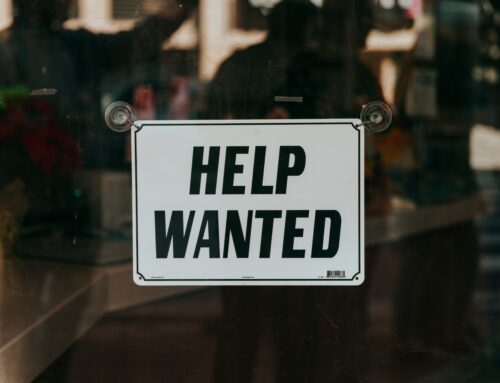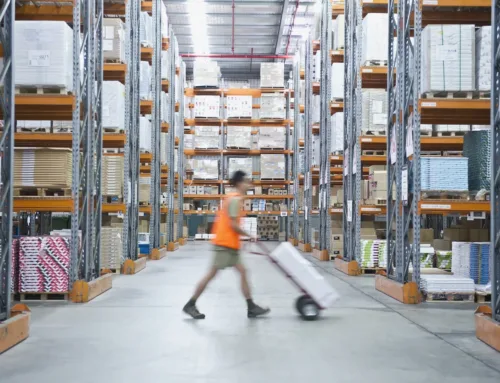Wonolo
As the U.S. tries to stop the spread of COVID-19, businesses deemed non-essential are grappling with closing their doors and laying off their workers. However, some industries are hiring rapidly to meet new demand as people cope with sheltering in place throughout the country. These essential industries include food production, delivery, healthcare, transportation, and cleaning services.
Here is a look at these industries, including representative companies and wage info.
Food Production
- Examples: Grocery stores, convenience stores, farms, food production
- Companies: Target, Walmart, Costco, Safeway
- Average Hourly Wage at Wonolo Companies: $11.40
- Wonolo Customer Case Study: Thistle
Delivery
- Examples: Restaurant delivery, mail, packages
- Companies: UPS, FedEx, DoorDash, Uber Eats
- Average Hourly Wage at Wonolo Companies: $19.24
- Wonolo Customer Case Study: Flowers for Dreams
Transportation/Warehousing
- Examples: Trucking, warehouse fulfillment
- Companies: Amazon, Swift Transportation
- Average Hourly Wage at Wonolo Companies: $12.14
- Wonolo Customer Case Study: Avid Logistics and Smart Warehousing
Cleaning Services
- Examples: Cleaning commercial spaces such as hospitals, grocery stores, banks, and other essential service locations
- Average Hourly Wage at Wonolo Companies: $12.18
- Wonolo Customer Case Study: LimeLife
Onboarding Workers for Your Essential Business
At Wonolo, we specialize in matching temporary workers with the right roles, so we know what it’s like to bring new people up to speed quickly. Here are some tips for hiring rapidly to meet new needs at essential businesses.
- Complete new hire paperwork online.
- This may already be standard at your workplace, but if it isn’t, now is the time to implement an online document system. Have new employees complete their W-2 and provide direct deposit info electronically, so they don’t have to interact with HR in person.
- Require safety training before starting.
- Here at Wonolo we are offering a course in cleanliness best practices. If workers complete the training they can earn a Healthy Workplace Badge, so employers know they have reviewed that key info before starting work.
- Share any new social distancing measures you have put into place. For example, if you run a grocery store, make sure new workers know how many customers you are allowing inside at once, where they may stand in line, sanitization practices, and reusable bag policies.
- Choose a specific time and day for new workers to start.
- If you are hiring rapidly, this may be a daily time before most employees arrive, like 7:30am. Or it may make sense to get everyone oriented after close, or during a slower time.
- Choose a time when few or no customers are present, if applicable to your business. Make sure that your group of new workers is kept small so you can practice social distancing during the entire training. That may mean you need a way to amplify your voice or present on a larger screen, so that every person can maintain six feet of distance.
- Designate someone to get new workers up to speed.
- If you already have employees who deliver training, this would be a great role for them to take on. Make sure your team knows your expectations and is armed with clear instructions. Your new workers may feel overwhelmed, especially in an extremely busy environment, so it’s important to support them as they ramp up.
- Have someone available for questions as your new workers begin the job. To maintain social distance, it may make sense to allow your workers to text their questions or ask them during a designated quiet time at the end of a shift. In the past, workers may have congregated in small break rooms to hang out and share info, but that isn’t safe now, so it’s smart to have a plan in place to allow for that exchange of knowledge in other ways.
Frequently Asked Questions
Q: How many states have stay-at-home orders?
A: As of April 7, 2020, all but 8 states have issued stay-at-home orders for their residents. Three states have some counties or cities that have stay-at-home orders, but have not yet implemented them at the state level.
Q: What businesses are considered essential? Can I operate my business?
A: Check with your state for a specific list of businesses that are considered essential and may operate during a shelter-in-place or stay-at-home order. Typically, essential businesses include healthcare providers, businesses that support critical infrastructure, financial institutions, and grocery retail. Here are the exact definitions in California, New York, and Texas, for reference.
Q: What can I do to keep my workers healthy and safe?
A: Follow CDC recommendations, which includes strict social distancing. This means increasing the physical space between employees and between employees and customers, possibly via partitions, taped markers on the floor, or drive through options. Consider offering curbside pickup or contactless delivery where possible. Many businesses are also implementing temperature checks for employees arriving at work and sending anybody with a 100.4℉+ temperature home.
Q: Do I need a letter of authorization to operate my business? Do my employees need one to come to work?
A: Right now, there are no reports of any states or counties implementing this requirement for businesses or individual employees. For more info on traveling within the U.S., check out CDC recommendations.
Q: How is Wonolo responding to the COVID-19 pandemic?
A: To help Wonoloers who use our platform, we are taking immediate action in three ways:
- We are expanding our Flex Time Off (FTO) program to all Wonoloers retroactively. This will preclude Wonoloers, sick or otherwise, from having to face deciding whether to earn a paycheck or go to the doctor.
- We will pay Wonoloers for up to 14 days of quarantine.
- We are excusing late withdrawals for sick Wonoloers.
We have also created a COVID-19 response page for our Wonoloer community that includes more FAQs and additional resources.






